
Some days, simply getting out of bed feels like a battle. Your mind races, your body feels exhausted, and the world expects you to keep moving as if nothing is wrong. If that sounds familiar, you’re not broken, you’re human.
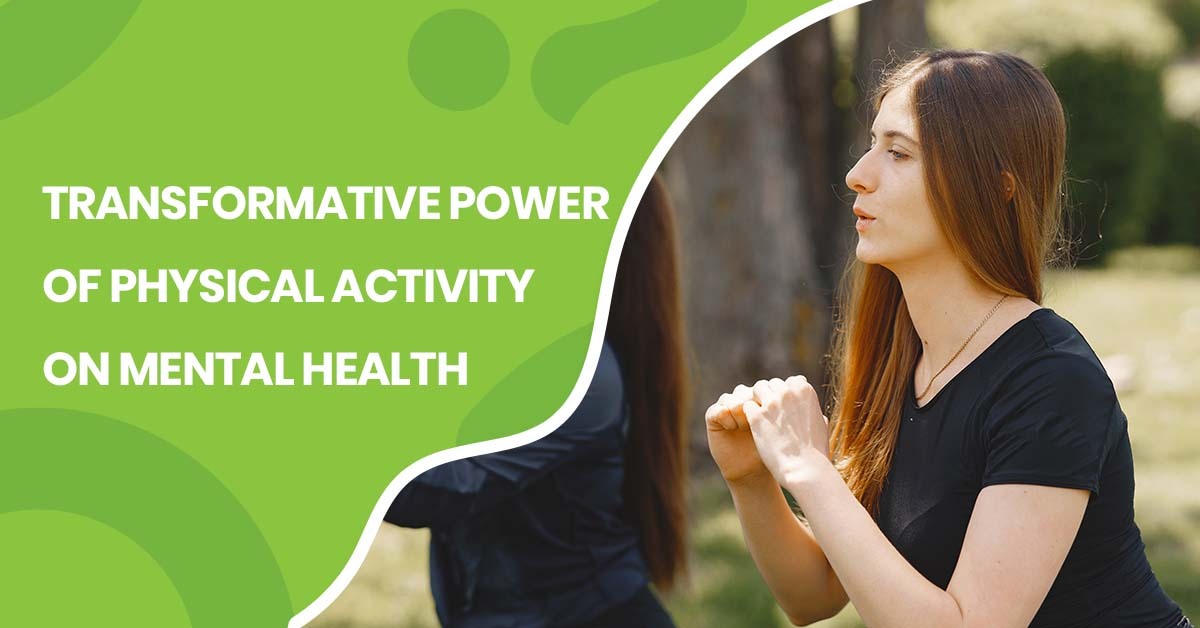
In our fast-paced world, where stress and anxiety often seem like constant companions, the significance of maintaining good mental health cannot be overstated. While therapy and medication can be effective, there’s an often overlooked yet powerful tool available to all: physical activity.
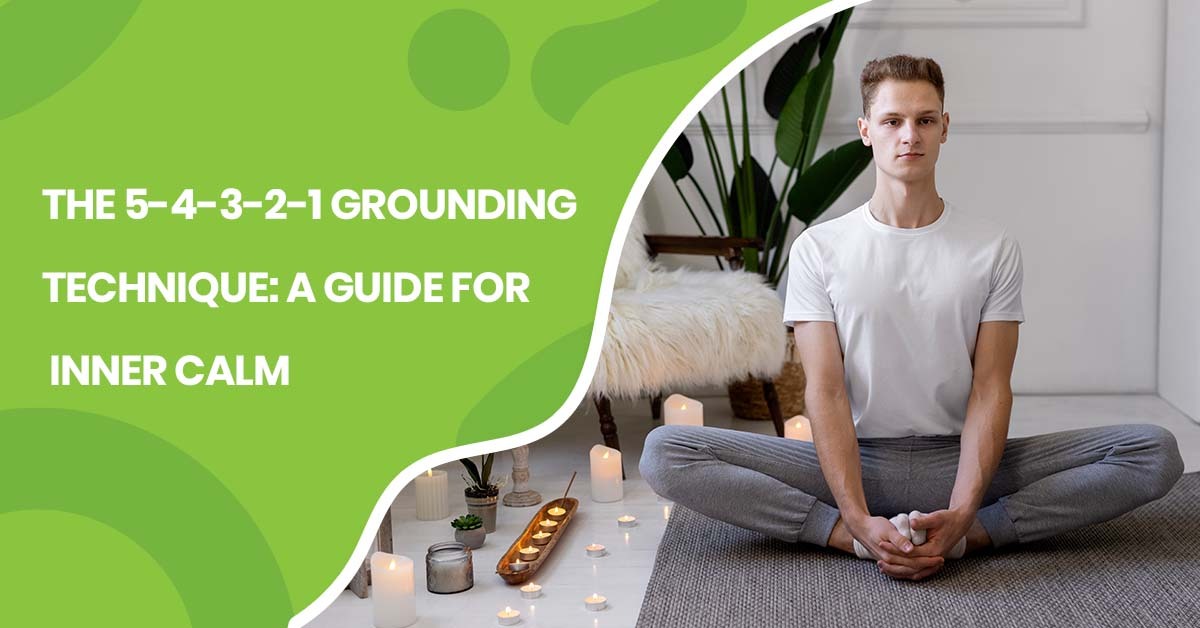
When anxiety hits, your mind often races ahead, into worry, fear, and “what if” thinking. Your body reacts as if you’re in danger, even when you’re safe. That’s where grounding techniques come in.
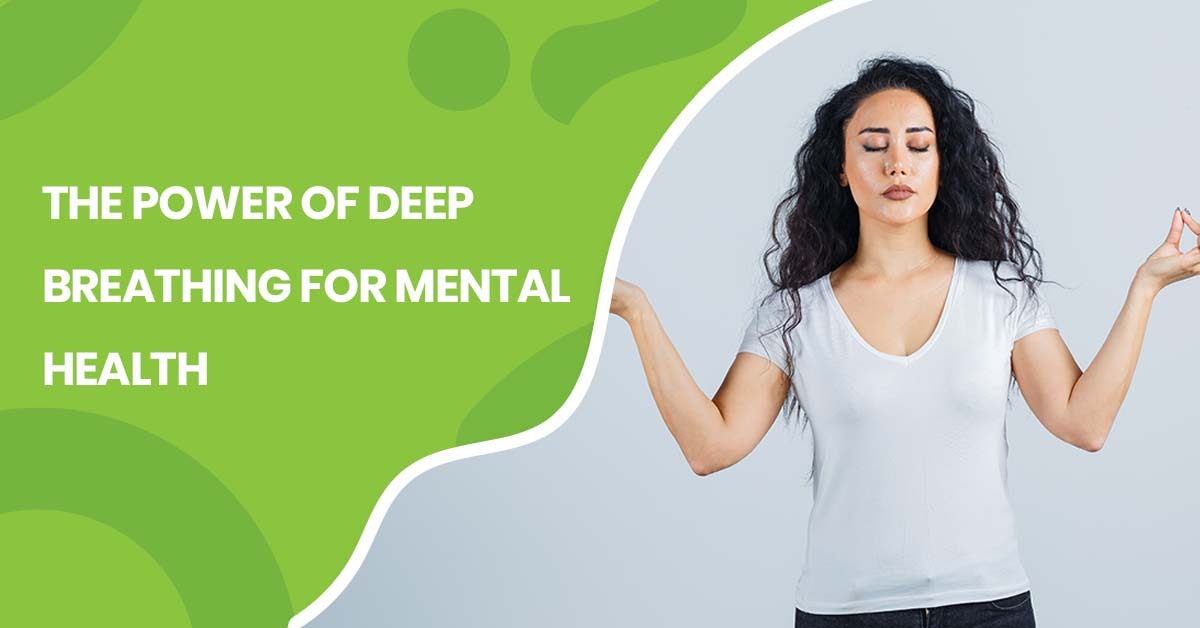
In today’s fast-paced world, stress, anxiety, and mental overload are becoming part of daily life for many people across the U.S. From work pressure and family responsibilities to social and financial stressors, our nervous systems rarely get a break.
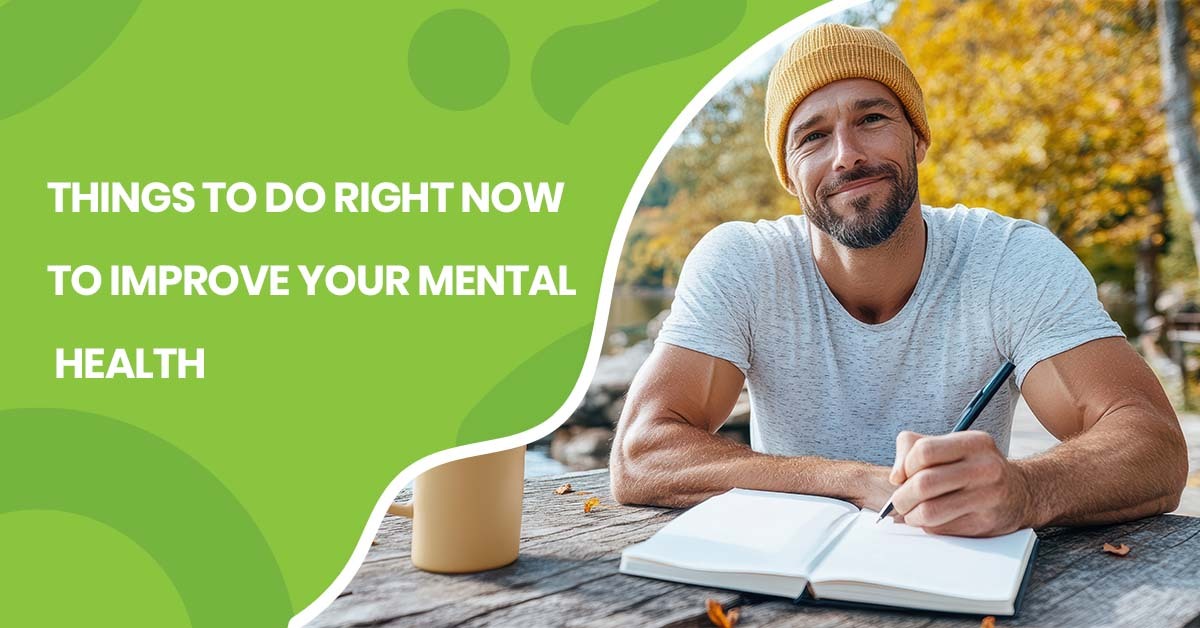
Mental health isn’t something you fix overnight. It’s something you strengthen, daily, intentionally, and with compassion toward yourself. If you’re feeling stressed, overwhelmed, anxious, burned out, or emotionally stuck, you’re not alone. Many people in the U.S. struggle quietly with mental health while trying to keep up with work, family, and life responsibilities.
As we step into a new year, amidst the excitement of resolutions and fresh beginnings, it’s crucial to shine a light on an aspect often overlooked: mental health. The past couple of years have undeniably tested our resilience, challenging the way we perceive and prioritize our well-being. However, as the calendar resets, it offers an opportunity to adopt a more compassionate and proactive approach towards mental health. The Impact of Prioritizing Mental Health The importance of mental health cannot be overstated. It influences every facet of our lives, from our relationships and work performance to our overall sense of fulfillment. Prioritizing mental health isn’t just about addressing mental illnesses; it’s about fostering a state of well-being where one can navigate life’s challenges with resilience and grace. The New Year often brings a surge of motivation to embrace healthier habits. While physical health often takes the spotlight, mental health deserves an equal, if not more significant, focus. It’s about incorporating practices that nurture our minds and souls, fostering emotional resilience and inner peace. https://www.forbes.com/sites/forbesbooksauthors/2023/08/15/prioritizing-mental-health-its-not-a-secret-anymore/?sh=34b3a49c7e40 Practical Steps Towards Mental Well-being Here are some practical steps to prioritize mental health in the new year: 1. **Mindfulness and Meditation**: Cultivating mindfulness can significantly impact mental health. Dedicate time to meditation or mindfulness practices to ground yourself in the present moment and alleviate stress. 2. **Healthy Boundaries**: Learn to set healthy boundaries in personal and professional relationships. Boundaries protect your mental and emotional well-being, preventing burnout and resentment. 3. **Regular Exercise**: Physical activity isn’t just beneficial for the body; it’s a powerful tool for mental health. Engaging in regular exercise releases endorphins, improving mood and reducing stress. 4. **Seeking Support**: Normalize conversations around mental health. Whether it’s through therapy, support groups, or confiding in a trusted friend, seeking support is a courageous step towards healing. 5. **Digital Detox**: Take breaks from technology and social media. Constant connectivity can be overwhelming; disconnecting allows for mental rejuvenation and a break from the pressures of the virtual world. 6. **Prioritize Self-Care**: Make self-care a non-negotiable part of your routine. It can be as simple as reading a book, taking a bath, or pursuing a hobby. Prioritizing self-care fosters a sense of self-worth and rejuvenation. 7. **Gratitude Practice**: Cultivate a habit of gratitude. Reflecting on the things you’re grateful for can shift your perspective and enhance your overall well-being. More Info: https://www.everydayhealth.com/self-care/ A Shift in Perspective The new year presents an opportunity for a mindset shift. Rather than viewing mental health practices as chores or obligations, approach them as acts of self-love and self-respect. Embrace the journey towards mental wellness with kindness and patience, understanding that it’s a continuous process rather than a destination. Additionally, destigmatizing conversations around mental health is crucial. Encouraging open dialogue allows individuals to seek help without fear of judgment, fostering a supportive and understanding community. Conclusion As we usher in a new year, let’s make a collective commitment to prioritize mental health. By incorporating mindful practices and fostering a culture of understanding and support, we can create a world where mental well-being is valued as much as physical health. Let’s embrace the new year with a renewed dedication to self-care, resilience, and compassion towards ourselves and others. About Us: https://www.stlmentalhealth.com is a St. Louis mental health therapy practice in Creve Coeur, Missouri. The practice has a team of mental health therapists who provide therapy and counseling services to kids, teens, adults, couples, and families. Pearlman & Associates specializes in stress, anxiety, depression, relationships, and other mental health related issues and concerns. The practice can be reached by phone at: 314-942-1147, by email at: bryan@stlmentalhealth.com or on the web at: https://www.stlmentalhealth.com/contact-us/. The office is located at: 655 Craig Road, Suite 300, St. Louis, MO 63141.
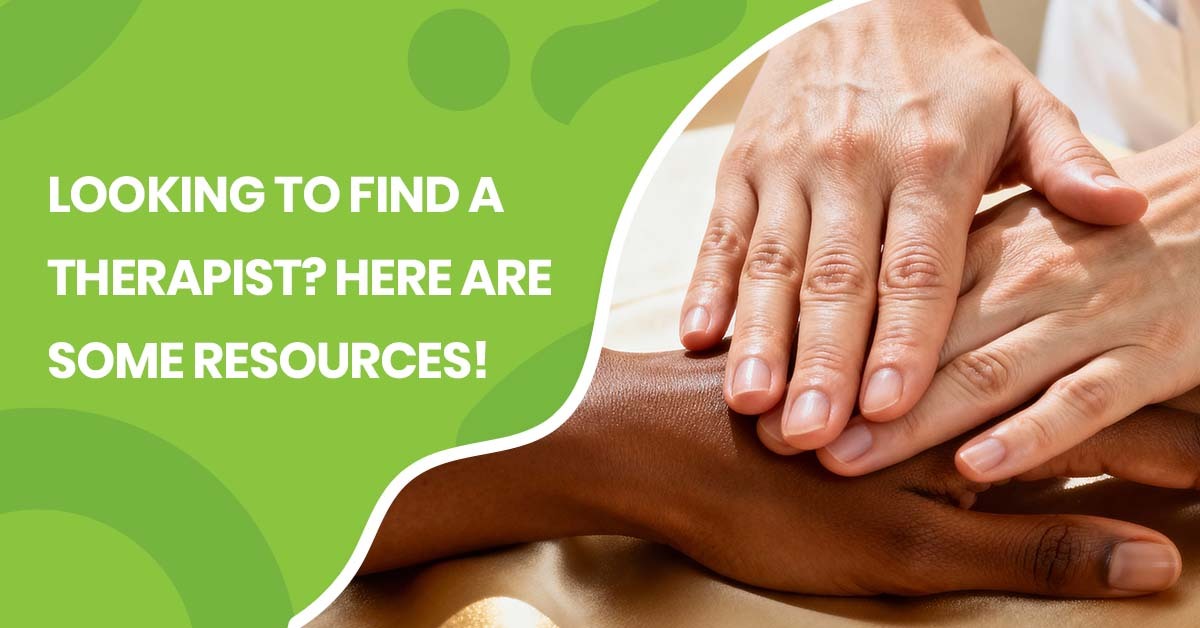
Seeking therapy is a powerful step toward improving your emotional health, relationships, and overall quality of life. Still, many people pause because they’re unsure where to start, who to trust, or what kind of therapist they actually need.
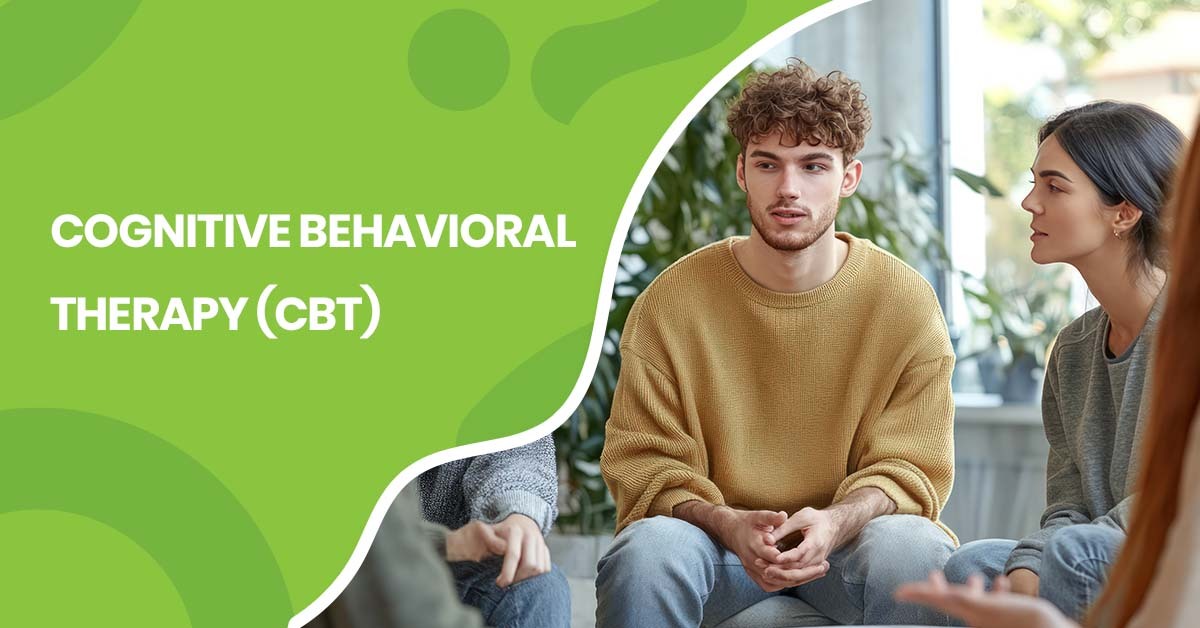
When stress, anxiety, or negative thoughts start controlling your life, it can feel overwhelming. That’s where Cognitive Behavioral Therapy (CBT) comes in. CBT is one of the most trusted, research-backed therapy approaches used to help people understand their thoughts, manage emotions, and change unhealthy behavior patterns.
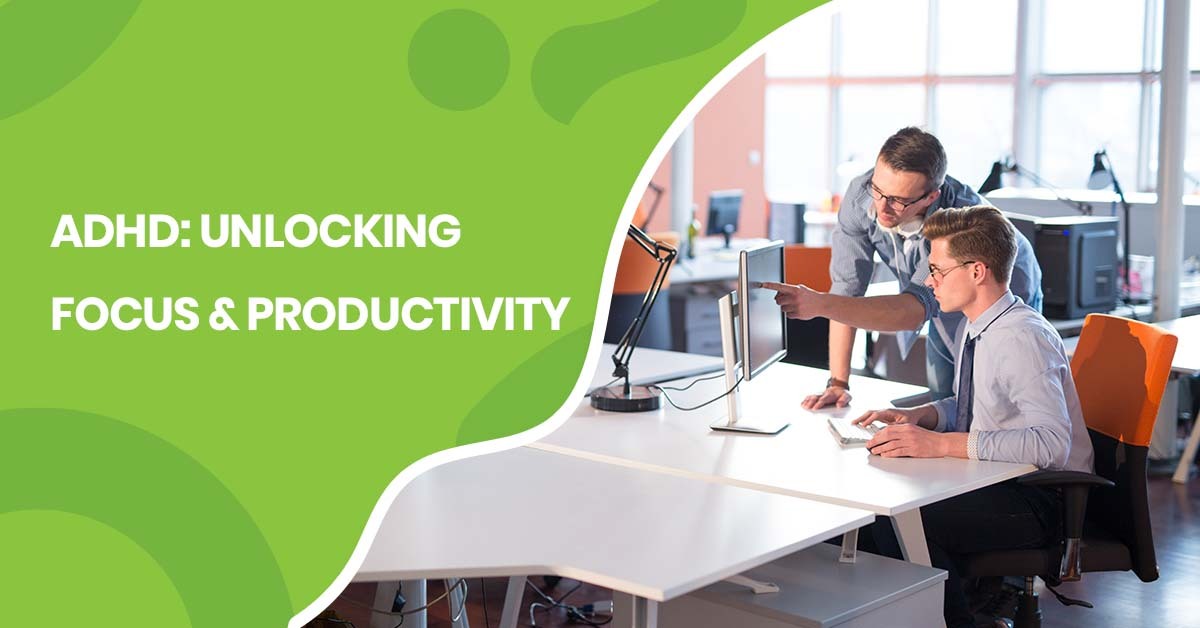
[St. Louis, MO – Updated Guide]Attention-Deficit/Hyperactivity Disorder (ADHD) presents unique challenges in focus, organization, time management, and impulse control. However, with personalized strategies and the right therapeutic support, individuals can strengthen productivity, confidence, and daily performance. At Pearlman & Associates in St. Louis, MO, individuals with ADHD learn how to transform obstacles into powerful skills for success in work, school, and life.

10 Proven Steps to Improve Your Mental Health in St. Louis In today’s fast-paced world, protecting your mental well-being is more important than ever. Between work pressure, family responsibilities, and unexpected life challenges, many people in St. Louis find themselves feeling overwhelmed, anxious, or emotionally drained. The good news is that mental health can be strengthened with the right daily habits and professional guidance.